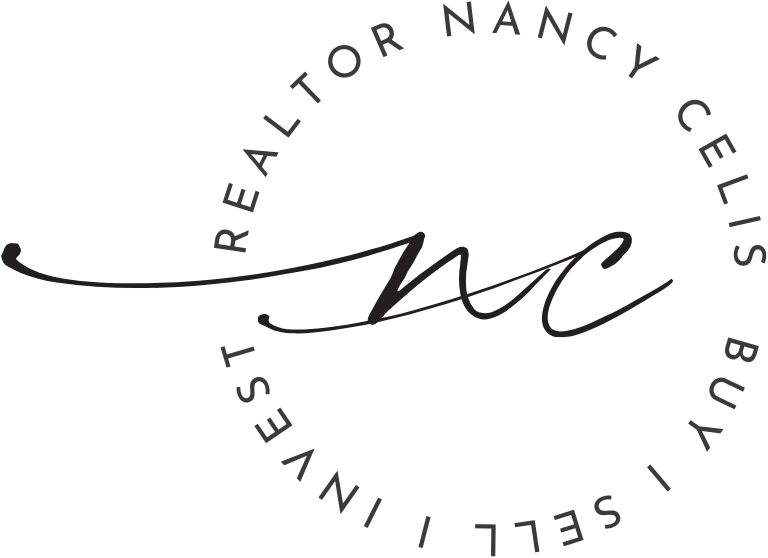Selling a house can be an exciting and rewarding process, but it also involves various costs that sellers should be prepared for. From sprucing up your home to closing the deal, understanding these expenses is key to making informed decisions and maximizing your profits. While the exact costs can vary based on factors like your property’s location, condition, and market trends, having a clear grasp of the typical costs involved will help you plan effectively and avoid surprises. Here’s a comprehensive breakdown of what it may cost to sell your home.

Preparing Your Home for Sale
Preparing your home for sale is often the first expense that sellers encounter. To make your property stand out, professional cleaning services, which typically cost between $200 and $500, can give your home a polished appearance. Decluttering and organizing also play a significant role in making spaces feel more open and inviting.
Staging is another crucial element. Professional staging costs start around $1,000 and can increase depending on the size and layout of your home. This process often yields higher offers by helping buyers visualize the space’s potential. Even without full staging, investing in minor upgrades, such as repainting walls ($1,000–$3,000) or replacing outdated fixtures ($50–$500), can make a notable difference.
Larger repairs or renovations might be necessary for older homes or those with deferred maintenance. Addressing these issues before listing can avoid potential deal breakers during the buyer’s inspection. Some sellers also opt for pre-inspections, which cost $300 to $500, to proactively identify and resolve problems.
Budgeting for these upfront costs ensures your home makes a strong impression. Well-prepared properties tend to sell faster and for higher prices, making these investments worthwhile.
Real Estate Agent Commissions
Real estate agent commissions are one of the largest expenses sellers face, usually accounting for 5% to 6% of the home’s sale price. This fee is typically split between the listing agent and the buyer’s agent. For instance, on a $400,000 home, you can expect to pay $20,000 to $24,000 in commissions.
While this may seem like a significant amount, the services provided by experienced agents justify the cost for many sellers. Agents handle everything from pricing your home competitively to marketing it effectively. They arrange professional photos, list your property on the MLS and other platforms, and coordinate showings. During negotiations, their expertise can help you achieve the best possible price and terms.
For sellers looking to save, alternatives like flat-fee services or discount brokers are available. These options allow you to pay a lower upfront fee for limited services or negotiate reduced commissions. However, this often means taking on more responsibilities, such as managing showings and handling paperwork, which can be time-consuming and stressful.
Ultimately, the decision depends on your priorities. Whether you choose a traditional agent or explore other options, understanding the value they provide helps you make an informed choice that aligns with your goals.
Closing Costs for Sellers
Closing costs for sellers typically range from 1% to 3% of the home’s sale price and include various fees required to finalize the transaction. Title insurance, which protects the buyer against ownership disputes, is a common expense for sellers and can cost around $1,000.
Escrow fees are another standard charge, covering the third-party service that manages funds and documents during the transaction. These fees are often split between the buyer and seller but can vary by region. Additionally, sellers may owe prorated property taxes to cover their share of the year until the sale closes.
In some areas, transfer taxes or recording fees may apply. These taxes, which are based on a percentage of the sale price, can range from a few hundred to several thousand dollars, depending on local regulations. Sellers in homeowner’s associations might also need to pay fees for required documentation or clear outstanding dues.
Being aware of these costs early in the process helps prevent surprises and allows for better financial planning. Sellers should also consider consulting with a real estate attorney or their agent to ensure all fees are accounted for and properly allocated during closing.
Capital Gains Taxes and Mortgage Payoff
When selling a home, it’s essential to understand potential tax obligations and mortgage payoff requirements. Capital gains taxes apply if your home has appreciated significantly in value. However, many sellers can exclude $250,000 in profit ($500,000 for married couples) if the property has been their primary residence for two of the past five years.
For investment properties or second homes, the tax rules differ. These sales are subject to standard capital gains taxes, which depend on the length of ownership and your income level. Consulting a tax professional can help clarify your obligations and identify potential deductions.
Another key consideration is mortgage payoff. Request a payoff statement from your lender to determine the exact amount owed, including any prepayment penalties or interest accrued since your last payment. If you’ve refinanced your mortgage or taken out a home equity loan, those balances must also be settled at closing.
Being prepared for these financial responsibilities ensures a clear understanding of your net proceeds from the sale. This knowledge is especially valuable when planning your next move or reinvesting in another property.
Moving Costs and Transition Expenses
After closing, moving costs can add another layer of expenses to your budget. The cost of a local move typically ranges from $1,000 to $3,000, while long-distance relocations can exceed $10,000 depending on the distance and size of your move. Hiring professional movers provides convenience but comes at a higher price, so getting multiple quotes can help you find the best value.
Additional costs include packing supplies, storage fees if your new home isn’t ready immediately, and potential travel expenses if relocating to another state. Downsizing or decluttering may also involve donation fees or junk removal services, which can cost $200 to $500, depending on the volume of items.
Planning your move early and researching your options can minimize stress and unexpected expenses. For those moving to a new city or state, consider visiting the area beforehand to understand living costs and logistics. By factoring these expenses into your overall selling budget, you can ensure a smoother transition to your next home.
Miscellaneous Costs and Negotiations
Sellers may encounter additional costs beyond standard expenses, depending on the specifics of their transaction. For example, buyers may request seller concessions, such as covering a portion of their closing costs. While optional, these concessions can make your property more appealing in a competitive market and help secure a quicker sale.
Post-inspection repairs are another common expense. If the buyer’s inspection identifies issues, you may need to negotiate repairs or offer a credit to the buyer. The cost of these repairs can vary widely, from minor fixes costing a few hundred dollars to major structural repairs costing thousands.
Sellers should also account for holding costs if the property takes longer to sell than expected. These include ongoing mortgage payments, utility bills, and maintenance expenses. By anticipating these potential costs, you can avoid surprises and maintain flexibility during negotiations.
Being proactive about budgeting for miscellaneous expenses allows you to address any challenges confidently and focus on achieving a successful sale.
Let’s Talk About Selling Your Home
Selling a home involves careful planning and an understanding of the costs involved, from preparing your property to covering closing expenses. By anticipating these costs, you’ll be better equipped to make informed decisions and achieve the best outcome for your sale. If you’re ready to begin your selling journey, reach out today to discuss your next steps. Let’s work together to make the process smooth and successful.

